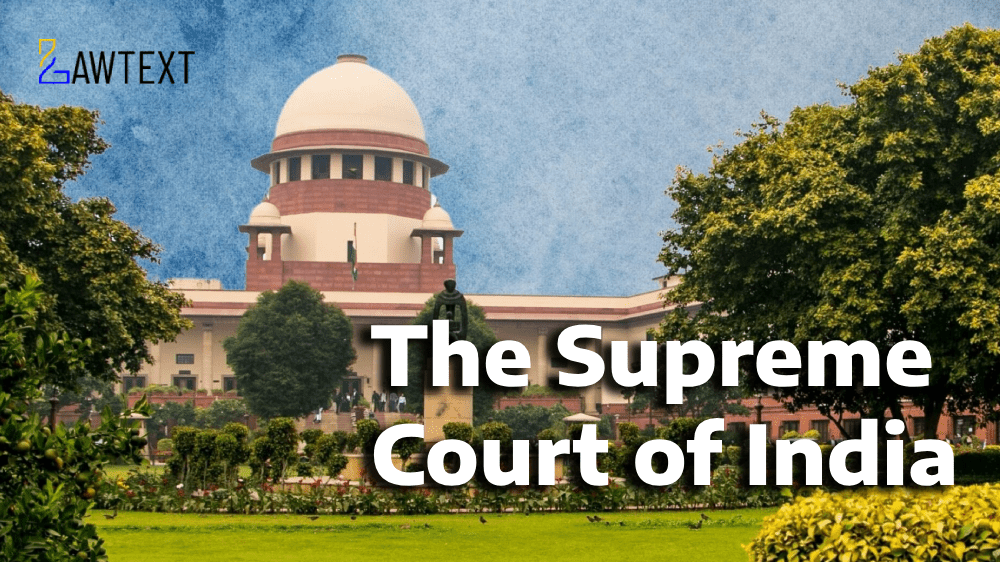CASE NOTE & SUMMARY
A legal dispute between a landlord and tenant, which started as an eviction case, culminated in a consent order in 1979. Despite settling, the tenant sought ownership of the disputed property after depositing an agreed sum. The High Court ruled in favor of the tenant, recognizing his ownership, but the Supreme Court reversed this decision, holding that the consent order only resolved the eviction issue and did not transfer ownership. The Court emphasized that there was no registered sale deed or any legal transfer of property title to the tenant.
1. Initial Eviction Dispute (1977):
- Late Bhawani Parshad (landlord) filed for eviction of Late Charan Dass (tenant) under Section 14 of the Himachal Pradesh Urban Rent Control Act, 1971, citing the dilapidated condition of the premises and personal use.
2. Consent Order (1979):
- On September 5, 1979, both parties settled, agreeing that if the tenant deposited ₹12,500 by December 15, 1979, the eviction application would be dismissed. Otherwise, the eviction would proceed.
- The tenant deposited the sum on September 6, 1979, and the landlord’s eviction application was dismissed.
3. Further Legal Proceedings:
- The landlord challenged the dismissal, but his revision petition and a subsequent Special Leave Petition were both dismissed by the courts, making the consent order final.
4. Tenant’s Ownership Claim:
- The tenant filed for execution of the consent order, claiming ownership, but the court held that the collapsed building left nothing for the tenant to claim.
- The tenant filed a suit for possession and recovery, which was dismissed by both the trial court (1994) and First Appellate Court. However, the High Court (2011) decreed the tenant as the owner and entitled to possession.
5. Supreme Court Ruling (2024):
- The Supreme Court reversed the High Court's judgment, holding that the consent order only pertained to eviction and did not transfer ownership of the property to the tenant. The deposit of ₹12,500 was not a sale consideration, and there was no legal or registered instrument of transfer.
Acts and Sections Discussed:
- Himachal Pradesh Urban Rent Control Act, 1971
- Section 14: Grounds for eviction, including dilapidated conditions and bona fide need.
- Section 21(1)(b): Appeal provisions under the Act.
Ratio Decidendi:
The consent order between the parties was interpreted as resolving the eviction proceedings only, without conferring ownership rights upon the tenant. There was no sale deed or legal transfer of property, as required under the law, and thus, the tenant could not claim ownership merely based on depositing the agreed amount.
Subject:
Rent Control, Property Law, Eviction Dispute, Consent Orders, Landlord-Tenant Relations, Landlord, Tenant, Eviction, Consent Order, Ownership Dispute, Property Law
Citation: 2024 LawText (SC) (9) 112
Case Number: CIVIL APPEAL NO.3190 OF 2014
Date of Decision: 2024-09-11
Case Title: BEENA AND ORS. VERSUS CHARAN DAS (D) THR. LRS. & ORS.
Before Judge: (PANKAJ MITHAL J. , R. MAHADEVAN J.)
Appellant: BEENA AND ORS.
Respondent: CHARAN DAS (D) THR. LRS. & ORS.

